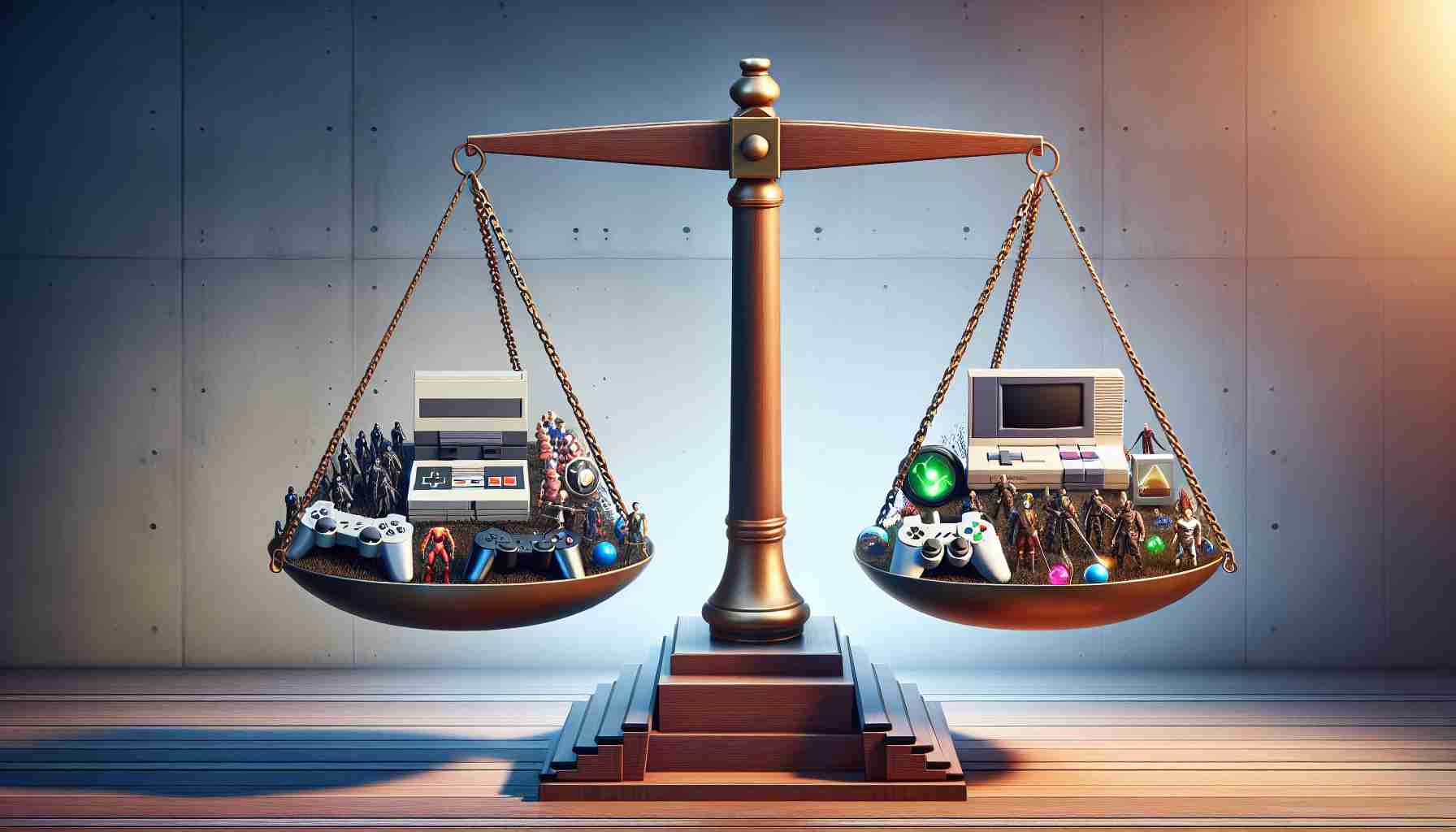In a significant move on September 18, 2024, Nintendo initiated legal proceedings against Pocketpair, the developers behind Palworld. The lawsuit claims that several of Nintendo’s patents have been infringed, although the precise patents cited in the allegations remain undisclosed. The controversy is fueling heated debates online, with opinions sharply divided; some are concerned about Nintendo’s pursuit of a small company, while others support the lawsuit, suggesting that Palworld used unoriginal content.
Despite Nintendo’s formidable reputation, historical precedents suggest that it is not infallible when it comes to legal battles. They previously faced setbacks, such as their unsuccessful fight against the creators of the Game Genie. Current estimates indicate that Palworld has sold around 25 million copies, allowing Pocketpair to amass substantial financial resources for its defense, potentially amounting to 100 million dollars after distributing profits.
Of interest is Nintendo’s choice to contest patent infringement rather than copyright violations. Speculation surrounds a specific patent related to character-catching mechanics, which became effective shortly after Palworld’s release. However, it appears that earlier versions of this patent may have been valid before Palworld debuted, complicating Nintendo’s position.
As the case unfolds within Japan’s judicial system, various factors could influence its outcome. A judge might consider whether Nintendo’s delay in securing the patent undermines its claims against Pocketpair. Ultimately, regardless of the verdict, this case highlights the intricate relationship between innovation and intellectual property rights in the gaming industry.
Additional Facts Relevant to the Legal Clash Between Nintendo and Pocketpair
One significant aspect of intellectual property disputes in the gaming industry is the distinction between patents and copyrights. Patents protect inventions and specific functionalities, while copyrights safeguard original creative expressions. The choice of Nintendo to pursue patent claims over copyright issues may signal a strategic attempt to leverage the technical features of its gaming systems rather than focusing on the overarching creative aspects of game design.
Questions and Answers
1. What are the potential implications of the lawsuit for Pocketpair?
– The lawsuit could create financial strain on Pocketpair, even with its current profits, due to legal fees and the possibility of damages if Nintendo prevails. It may also hinder their ability to continue developing and marketing Palworld or related projects.
2. How might this case affect the future of indie game developers?
– The outcome could instill a sense of fear among smaller developers about potential legal actions from larger companies, possibly stifling innovation and their willingness to create new games that might unintentionally infringe upon established patents.
3. What are the historical context and precedents of Nintendo’s legal battles?
– Historically, Nintendo has engaged in several legal battles, including cases against ROM emulators and devices that modify console behavior. Notably, their attempts to stop the distribution of Game Genie faced legal setbacks that challenged their patent claims.
Key Challenges or Controversies
– Perception of Corporate Bullying: Many critics view Nintendo as a corporate giant harassing a smaller developer, leading to debates around fair competition and the ethics of using legal systems to suppress innovation.
– Validity of Patents: The conflicting nature of the contested patents raises questions about whether they should still be enforceable, especially if they incorporate ideas that are commonly used across various games.
Advantages and Disadvantages
– Advantages for Nintendo:
– Protects its intellectual property and preserves market dominance against competitors.
– Maintains a strong public image of safeguarding creativity and originality in gaming.
– Disadvantages for Nintendo:
– Risk of public backlash could damage brand reputation if perceived as bullying.
– Potential legal costs and resource diversion from development efforts.
– Advantages for Pocketpair:
– Opportunity to gain media attention and player support, which could enhance future sales.
– Strengthened resolve and unity among indie developers against legal intimidation.
– Disadvantages for Pocketpair:
– Significant financial burden due to the legal battle, which can deplete resources.
– Uncertain future if the lawsuit leads to a detrimental outcome like losing rights or facing damages.
Related Links
Nintendo Official Site
Pocketpair Official Site
Game Designing
Patents.com



















